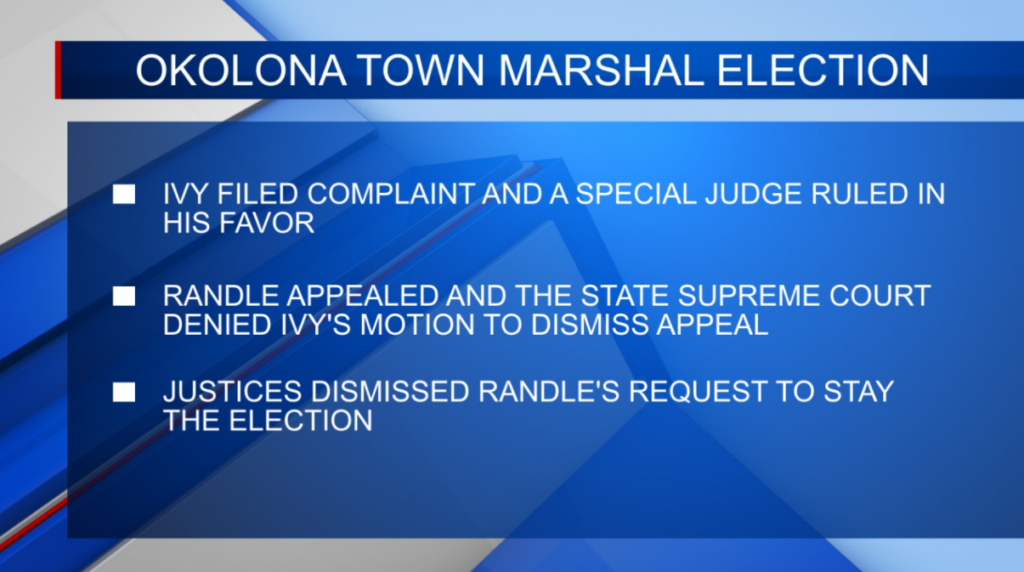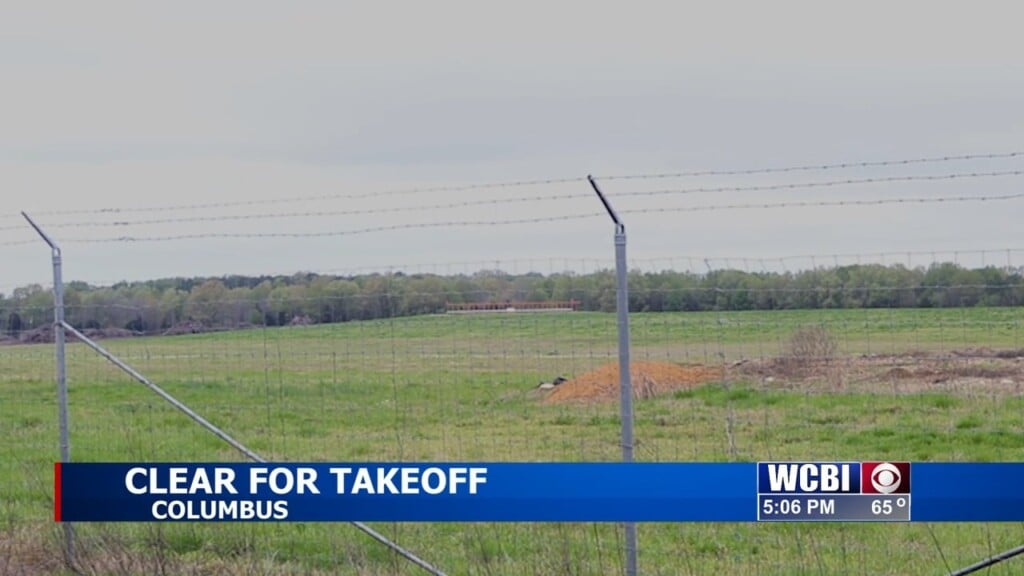Video: Orders Of Protection: Keeping Yourself Safe
[jwplatform IyVH7IXQ]
COLUMBUS, Miss. (WCBI) — Walking in a dark alley or parking lot, fearing your abuser is waiting for you. It sounds like a scene from a scary movie, but for some, it’s a reality. State laws can stand between you and a potential attack.
“An order of protection is an order issued by a court and it can be issued my municipal or city court, justice court, county court or chancery. Temporary orders are only typically issued by justice and city courts. They last for a maximum of 30 days and cannot be extended,” said Attorney Donna Smith.
But do protection orders really protect?
“Unfortunately, waving a piece of paper in front of someone that says ‘ Hey, don’t hurt me,’ doesn’t stop them from hurting you. If you’ve got a mad person coming after you, a paper is not going to stop them. You have to get out of their way,” said Smith.
Even if you have the law on your side, advocates for domestic violence awareness say you should always have a plan B.
“Creating a safety plan will help the victim to have people on their team to let them know what’s going on with them. So by having a safety plan creating a safety plan, this is telling your loved ones, friends, coworkers and employers, law enforcement if they spot the abuser around them or around the vicinity to call law enforcement,” said Dorothy Givens, Coordinator and Victims Advocate for Safe Haven.
Getting a device, like Life Alert, is also a suggestion.
“Most people see it for devices like ‘I’ve fallen and I can’t get up,’ but they can also be used for emergency purposes. You’ve got that button, you can hit that button and they respond instantly. Without that, the only thing you could do is get out as quickly as possible. And if he traps you or if she traps you make as much noise as you can to try to get people to understand, I need help,” said Smith.
1 in 4 women and 1 in 7 men have been a victim of severe physical violence at the hand of an intimate partner. Learning the law, and taking a proactive approach to protecting yourself, can be the steps that separate you from the statistics.
Protective orders don’t necessarily cover emotional or mental abuse. If you’re being mentally abused, contact a domestic violence organization in your area. They can help you figure out options and offer support.





Leave a Reply